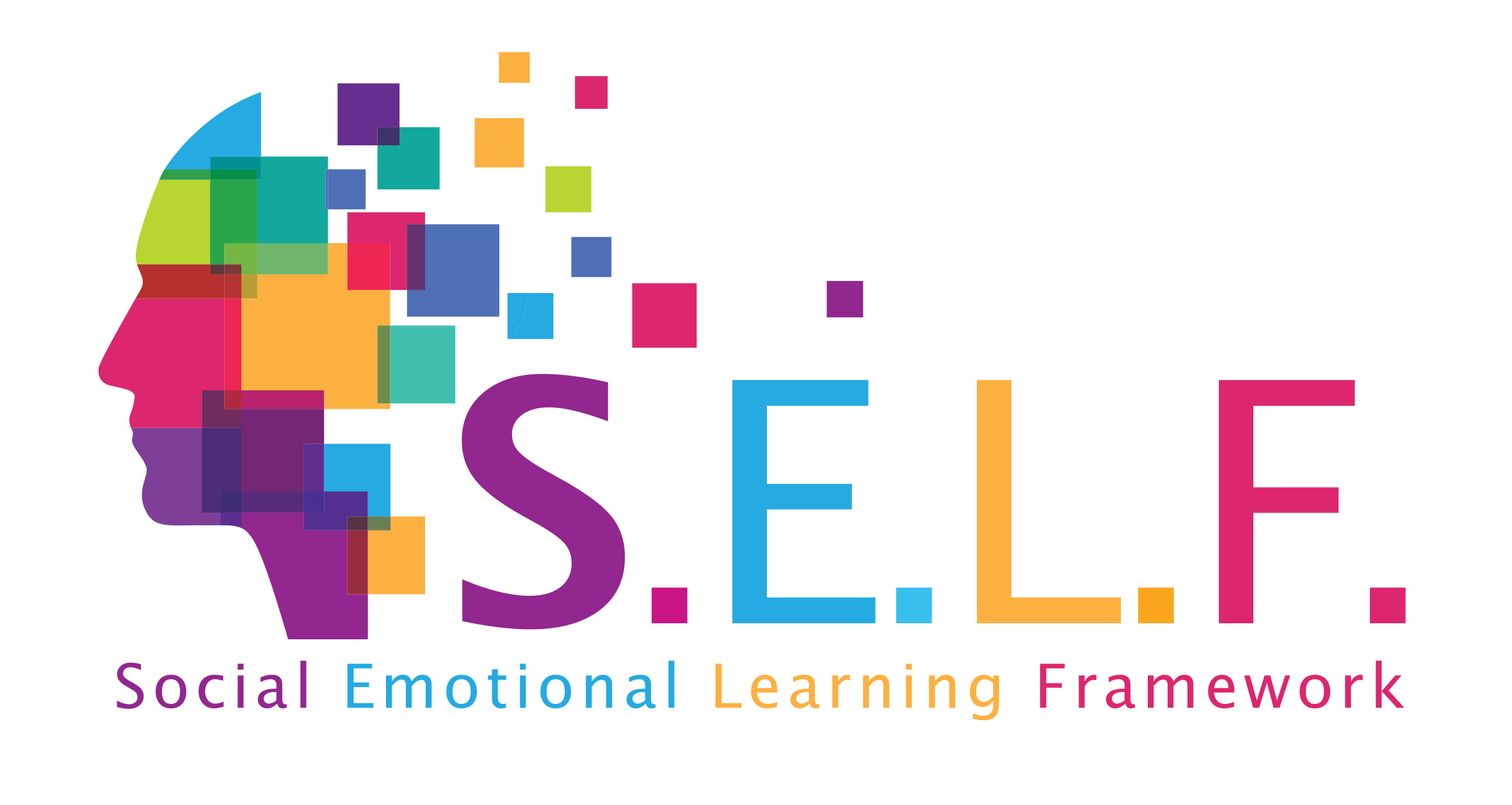WHAT IS SEL?
Social-Emotional Learning is defined as “the process through which all children and adults acquire and apply the knowledge, skills, and attitudes to manage emotions, achieve personal and collective goals, understand other people’s feelings and show empathy, establish and maintain supportive relationships, and develop healthy identities”
RESEARCH / HISTORY
Preparing children to be responsible, productive, caring, and engaged citizens is a timeless pursuit that continues to be the goal of education today. A look into the foundations of the SEL skills indicate that they are rooted in systems theories, learning theories, child development theories, information processing theories, social cognitive theories, a number of theories related to emotions, attachment theory, and behavior change theories.
SEL GOALS
Self-awareness entails understanding one’s own emotions, personal identity, goals, and values. This includes accurately assessing one’s strengths and limitations, having a positive mindset, and having a well-grounded sense of self-efficacy and optimism. A greater self-awareness entails the ability to understand the connections between an individual’s personal and socio-cultural identities, as well as the how interconnected thoughts, emotions, and actions are.



